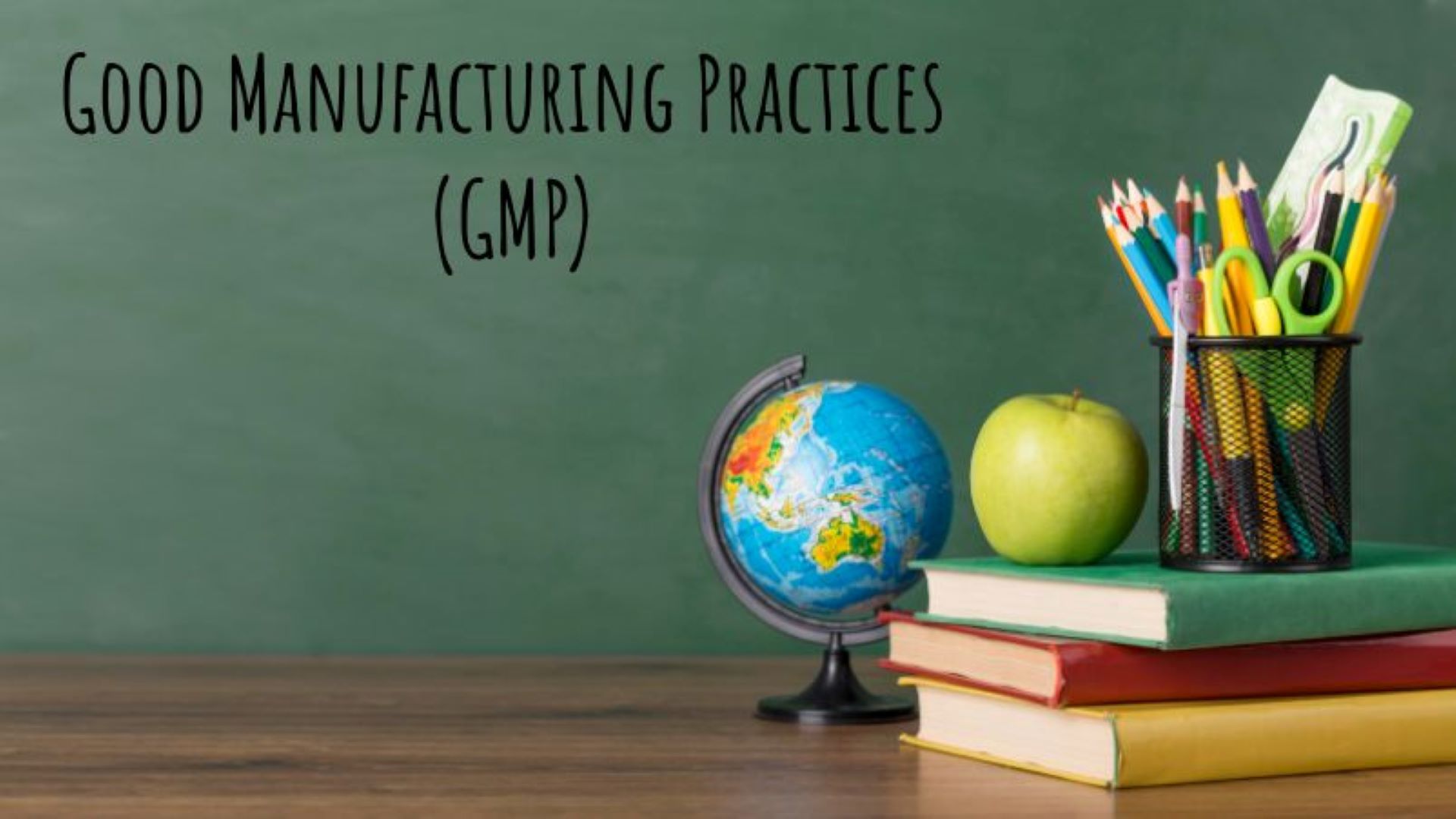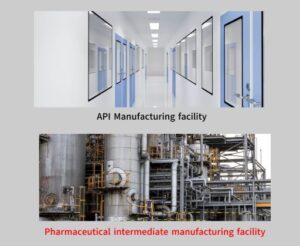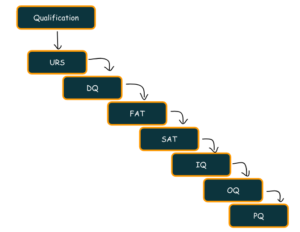
What is GMP?
Good Manufacturing Practices (GMP) are guidelines and regulations that govern the manufacturing process of pharmaceutical products. These practices aim to ensure that products are produced safely, effectively, and with high quality. Compliance with GMP regulations is mandatory for pharmaceutical companies. Moreover, regulatory authorities like the FDA (Food and Drug Administration), EMA (European Medicines Agency), and WHO (World Health Organization) enforce these standards.
The Importance of Good Manufacturing Practices
1. Patient Safety
The primary goal of GMP is to protect patients by ensuring that pharmaceuticals are safe for consumption. By adhering to GMP guidelines, manufacturers can minimize the risks of contamination, mix-ups, and errors during production.
2. Product Quality
Furthermore, GMP ensures that products meet consistent quality standards. This consistency is crucial for therapeutic effectiveness and fosters patient trust in pharmaceutical products.
3. Regulatory Compliance
In addition, compliance with GMP is not optional; it is a legal requirement in many countries. If manufacturers fail to adhere to these regulations, they may face severe penalties, including product recalls, fines, and loss of market authorization.
Explore a leading manufacturer of APIs.
With over 10 years of expertise, we ensure GMP compliance and provide reliable, high-quality solutions.
Key Components of Good Manufacturing Practices
1. Quality Management System (QMS)
A robust QMS encompasses all aspects of production, from raw material sourcing to product release. It includes documentation practices, quality control, and continuous improvement processes.
2. Personnel Training
Moreover, it is essential to ensure that employees are adequately trained to maintain GMP compliance. Training programs should cover SOPs, safety protocols, and the importance of quality in the manufacturing process.
3. Standard Operating Procedures (SOPs)
Additionally, SOPs outline the step-by-step processes that employees must follow to ensure consistency and compliance in manufacturing practices. These documents are critical for maintaining quality and should be regularly reviewed and updated.
4. Validation and Verification
Manufacturers must validate all processes, equipment, and systems to ensure they consistently produce the desired outcomes. This involves testing and documentation to verify that processes work as intended.
5. Quality Control (QC)
Moreover, QC involves testing and inspecting raw materials, in-process samples, and finished products to ensure they meet predefined specifications. Effective QC measures help identify potential issues before products reach the market.
Benefits of Good Manufacturing Practices
1. Enhanced Product Quality
By following GMP guidelines, pharmaceutical companies can produce high-quality products that meet regulatory standards and satisfy consumer expectations.
2. Increased Efficiency
Additionally, GMP promotes process standardization, leading to improved operational efficiency and reduced waste.
3. Risk Management
Implementing GMP helps identify potential risks early in the manufacturing process. As a result, this allows companies to take corrective actions before issues escalate.
4. Consumer Trust
Adhering to GMP enhances the reputation of pharmaceutical companies. Consequently, this fosters trust among healthcare professionals and patients. Consumers are more likely to choose products from manufacturers that prioritize quality and safety.
5. Competitive Advantage
Finally, companies that consistently meet GMP standards position themselves as leaders in the industry. This gives them a competitive edge over those that do not.
Chemignition Laboratory’s Commitment to GMP
Chemignition Laboratory strictly adheres to Good Manufacturing Practices (GMP). This commitment ensures the highest quality, safety, and efficacy standards in its Active Pharmaceutical Ingredients (API) products. By implementing robust quality management systems, the laboratory maintains compliance throughout the manufacturing process, from raw material sourcing to product release.
Moreover, this commitment includes thorough personnel training, stringent quality control measures, and meticulous documentation practices. Ultimately, Chemignition’s dedication to GMP enhances patient safety and reinforces its reputation as a reliable manufacturer in the pharmaceutical industry.
Chemignition Laboratory is a globally trusted manufacturer and exporter of high-quality Active Pharmaceutical Ingredients (APIs).
We specialize in ophthalmic APIs and provide complete documentation support including,
- GMP Certificate
- ISO 9001 Certificate
- COA
- MSDS
- Stability Data
- Impurity Profile
- Customized packaging
- Cold chain logistics
- Safe delivery of sensitive APIs
We proudly supply high-quality Active Pharmaceutical Ingredients (APIs) to pharmaceutical companies around the world.
Partner with Chemignition Laboratory for consistent quality, regulatory compliance, and reliable global delivery.
Contact us at www.chemignition.com
Summary
In summary, Good Manufacturing Practices (GMP) are essential for ensuring the safety, quality, and efficacy of pharmaceutical products at Chemignition Laboratory. By rigorously adhering to GMP guidelines, Chemignition meets regulatory requirements while prioritizing patient safety. This approach enhances the laboratory’s brand reputation.
FAQs
What are Good Manufacturing Practices (GMP)?
GMP are regulations and guidelines that ensure pharmaceutical products are manufactured safely, effectively, and with consistent quality.
Why is GMP important in the pharmaceutical industry?
GMP ensures patient safety, product quality, regulatory compliance, and reduces the risks of contamination, errors, and mix-ups during production.
Who enforces GMP regulations?
Regulatory authorities like the FDA, EMA, and WHO enforce GMP standards to ensure compliance and safeguard public health.
What are the key components of GMP?
GMP includes a Quality Management System (QMS), personnel training, Standard Operating Procedures (SOPs), process validation, and quality control.
How does GMP improve product quality?
By standardizing processes, validating systems, and implementing robust quality controls, GMP ensures consistent, high-quality pharmaceutical products.
What are the consequences of non-compliance with GMP?
Non-compliance can lead to product recalls, fines, regulatory penalties, loss of market authorization, and damage to a company’s reputation.
How does Chemignition Laboratory adhere to GMP?
Chemignition follows strict GMP guidelines, including robust QMS, employee training, stringent quality controls, and thorough documentation to ensure the highest quality standards in API manufacturing.



